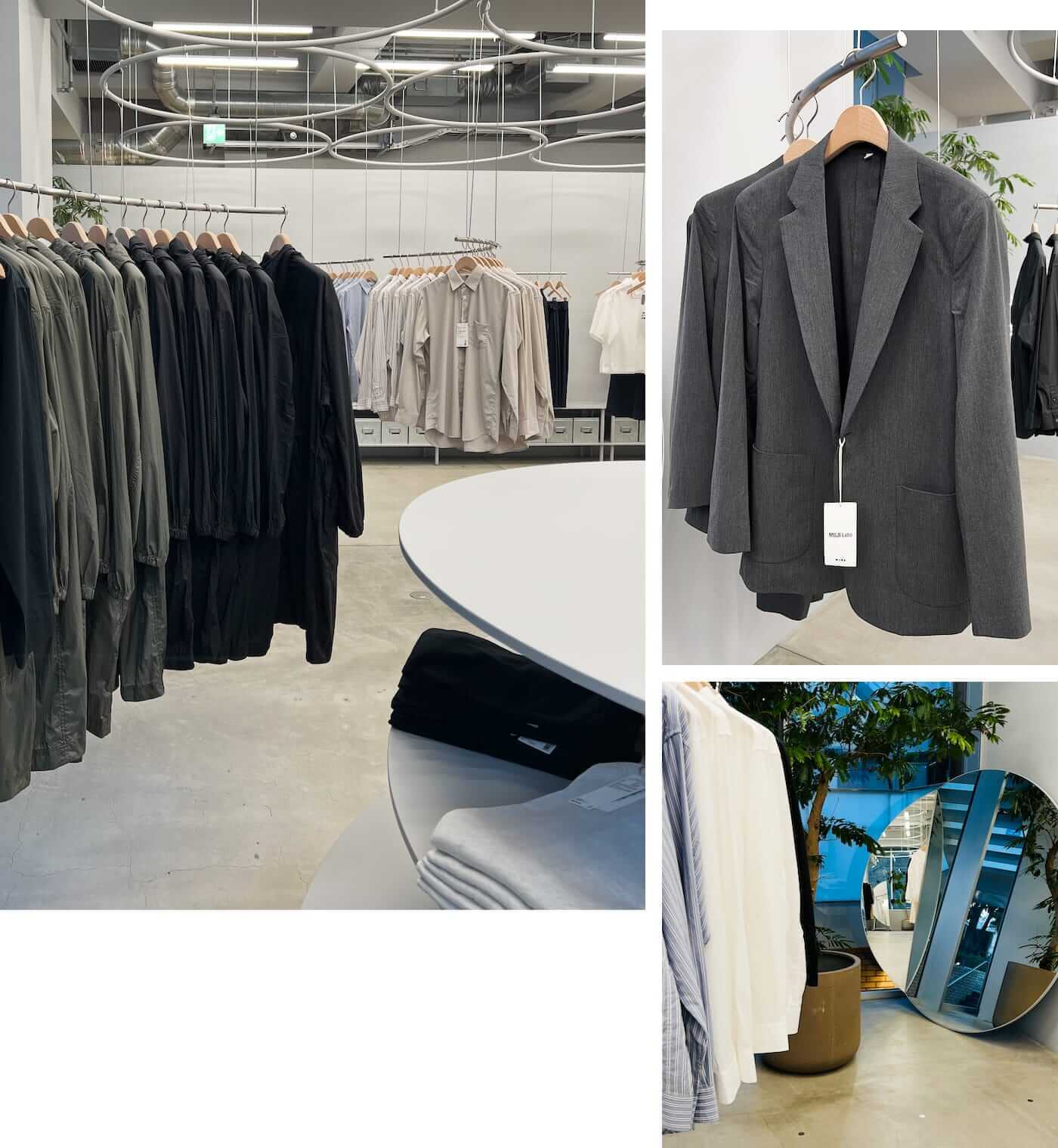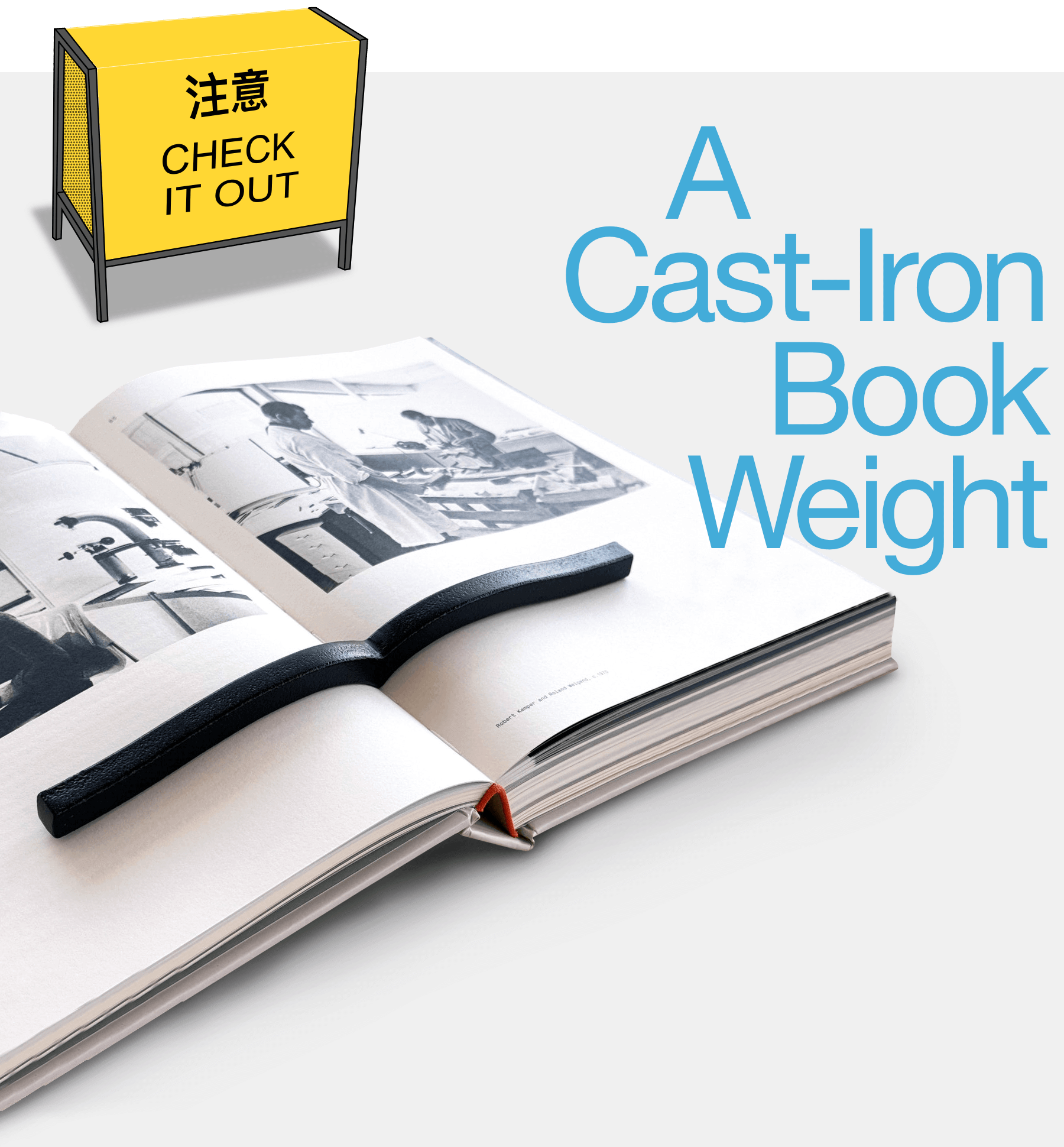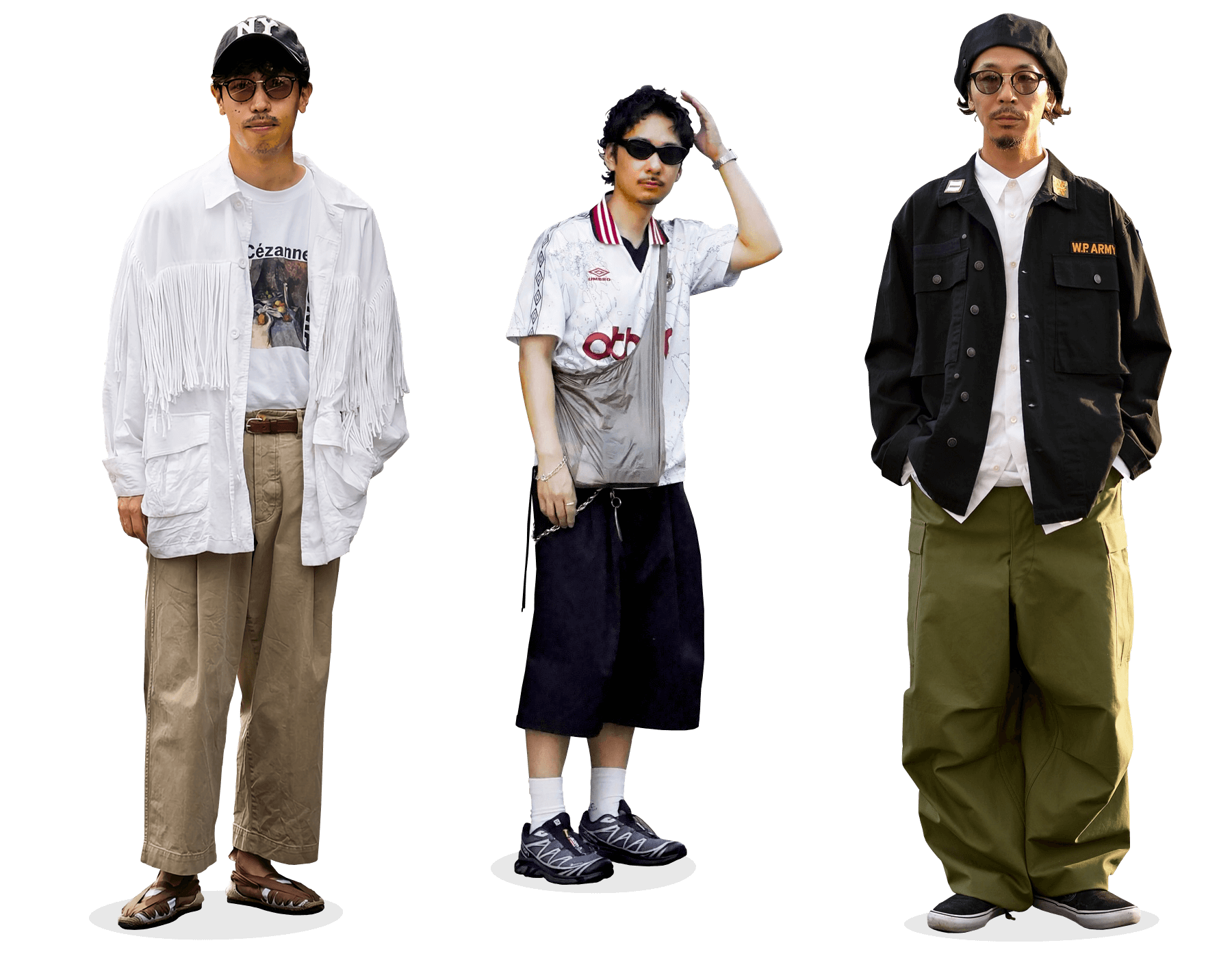Words by Cory Ohlendorf | Photography by Bandana/courtesy
MUJI has always been the brand that resists branding. No flashy logos, no loud marketing, no need to remind you who made the thing you’re holding—it just exists, stripped down to its essence, thoughtfully designed. But within MUJI, there’s a quieter, more experimental line that even some die-hard fans overlook. It’s called MUJI LABO, and it’s where the company pushes clothing in new directions, testing how far “the basics” can actually go.
Conceived in 2005, MUJI LABO started out as an internal experiment—a design sandbox to see just how far MUJI could stretch the concept of everyday clothes. By 2017, it had grown into a full-fledged line, one the company described as “featuring original and inspired approaches to basic apparel.” That may sound understated, but understatement is exactly the point. When the line arrived outside of Japan in 2020, it was met with curiosity and quiet enthusiasm. LABO isn’t for everyone, and that’s what makes it compelling. It takes a special eye to see what’s happening. On the surface, the clothes look so pared down they could be mistaken for the most generic pieces in your closet. But that’s the trick: these garments only reveal their value once you put them on.
The appeal lies in that tension between invisibility and detail. A boxy shirt that looks plain until you notice the precise angle of the shoulder seam. Wide trousers that seem shapeless until you catch how they taper at the ankle. Coats with cocoon-like proportions that manage to feel oversized yet engineered. There’s a simplicity, yes, but also a sophistication of cut and construction that’s miles ahead of MUJI’s imitators. These are clothes that don’t demand attention across the room—the person wearing them knows, and that’s enough.
For much of its life, LABO embodied MUJI’s ethos taken further: genderless designs, oversized but balanced silhouettes, and quiet material innovation. Long before mainstream brands embraced unisex wardrobes, LABO was making shirts with dropped shoulders, trousers with elastic waists, coats cut in modular proportions. Clothes stripped back to their core purpose—comfort, utility, longevity. That approach earned LABO a cult following among younger Japanese shoppers who had grown up on MUJI’s everyday staples but wanted something more directional, more forward-looking, while still timeless.
The materials underscored that difference. Organic cottons, recycled fibers, plant-based dyes, technical blends for wrinkle resistance or weatherproofing; always folded in with restraint. Nothing was trumpeted as a breakthrough; the innovations just appeared, quietly, for those who noticed. It’s that kind of low-key futurism—more refinement than reinvention—that has defined MUJI LABO from the start.
But recent collections show a subtle shift. Once the work of creative director Daisuke Obana of N. Hollywood, MUJI LABO is now handled by an in-house team of designers. The brand has begun aligning itself, somewhat belatedly, with the current wave of “quiet luxury.” A curious positioning, considering MUJI LABO was already about as quiet as a fashion line could be. Still, the recalibration is clear.
With the initial LABO collection, it was almost entirely unisex. Today’s offerings are sized separately for men and women. And yet, the essential DNA remains intact. The designers continue to reach for less conventional fabrics—recycled cashmere and wool, for example. Or for Summer 2025, they’ve incorporated textiles woven from traditional Japanese washi paper. This centuries-old fabric is derived from the natural fibers of the Paper Mulberry plant, and is then intertwined with cotton yarn to form a uniquely durable, environmentally-conscious fabric. These become the building blocks of LABO’s minimalist forms and those unmistakable textures that set it apart.
The shift doesn’t erase what came before; it feels more like a continuation of the experiment. After all, that’s what LABO has always been: a long-running test of how far you can stretch the idea of basics. The silhouette still skews oversized but precise, the details still subtle to the point of invisibility, the craftsmanship still quietly ambitious. If anything, moving into “quiet luxury” simply acknowledges what fans of the line have always known—that these are not just basics, but basics elevated, stripped back to the point of refinement. Just look at its sneaker collaboration with Reebok, which launched last year in the U.S. Based on Reebok’s popular Club C85 model, the all-white design eschewed any and all branding for a clean, luxe look.
Outside Japan, MUJI LABO remains something of a secret handshake. You don’t stumble across it unless you’re looking. On forums and Instagram accounts, fans parse each drop, comparing its futuristic minimalism to UNIQLO U or Issey Miyake, though the comparison doesn’t quite land. MUJI LABO isn’t chasing fashion. The clothes are too humble, too confident, too content to simply exist. In a world obsessed with churn, hype and logos, it feels almost radical to make clothes that aim only to last.

|
Washi blend knit pullover ( |
Will it stay a cult phenomenon? Hard to say. MUJI has expanded globally, and there’s plenty of appetite for what LABO represents—sustainable, democratic, quietly progressive design. But for now, it remains mostly a Japanese idea, reflecting the country’s respect for subtlety, craft and longevity. The Japanese word shibui comes to mind—that sense of simple, unobtrusive beauty that only grows more compelling over time.
That’s MUJI LABO in a sentence. A line conceived to test the limits of basics has grown into something more: a wardrobe philosophy. One that insists clothing doesn’t have to shout to matter. Sometimes, the most stylish thing you can wear is silence.
Elevate your reading ritual with this cast-iron book weight. More than a page holder, this sculptural slab anchors your favorite volumes with understated elegance. Made in Japan the old fashioned way, the simple slab of iron has a minimalist, modern feel. And it immediately upgrades how you read—whether that’s keeping a hefty novel open while you eat, displaying an art book on your coffee table or pinning down a cookbook while your hands are covered in olive oil. Heavy enough to stay put, subtle enough to disappear, it’s a modest investment in both form and function, and proof that utility can still feel quietly luxurious.
|
Get It |
$45 at Wms & Co. |
(ILLUSTRATION: “Your Name”)
In Japanese, koi no yokan (恋の予感) loosely translates to “a premonition of love.” It describes that subtle spark when you meet someone and just know—without fireworks or instant infatuation—that love is quietly, inevitably on the horizon. Unlike “love at first sight,” which suggests an immediate rush, this phrase speaks to something slower and more certain. It’s about intuition rather than impulse, the feeling that your paths are meant to converge. There’s something comforting in the idea: love not as lightning, but as a steady tide you can sense coming long before it arrives.
I’m
Donut?
This takeaway doughnut stall sits discreetly underneath Nakameguro Station’s train tracks. The shop offers eight types of nama, or fresh doughnuts known for their chewy, melt-in-the-mouth texture. But expect serious lines.
I’m Donut?
1-22-7 Kamimeguro
Meguro, Tokyo


Racines Donut & Ice Cream
Doughnuts and ice cream make the perfect pairing this time of year, and that’s exactly what you’ll find at this spot in Ebisu. Racines offers both old-fashioned cake and yeast-style doughnuts—the flavors here are extensive, and they change seasonally.
Racines Donut & Ice Cream
4-20-7 Ebisu
Shibuya, Tokyo

Freckle
Donuts
This Yoyogi-Uehara shop makes just one thing—French crullers—and absolutely nails it. Composed of 20 ingredients sourced from across Japan, these doughnuts are light and fluffy on the inside with a thin, crispy shell that makes them seriously hard to resist.
Freckle Donuts
1-51-5 Tomigaya
Shibuya, Tokyo
That’s all
for this week.
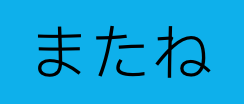
We’ll see you back here next Thursday.
|
Know someone that would like Bandana? |









